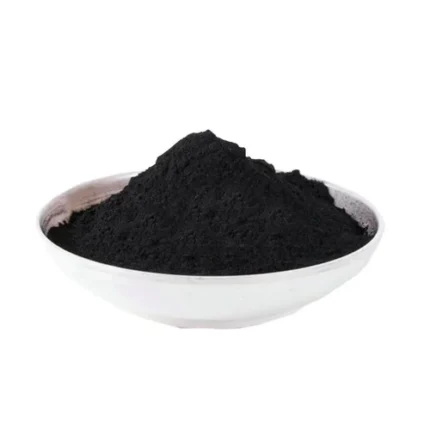AdBlue (Diesel Exhaust Fluid)
- AdBlue is a diesel exhaust fluid (DEF) used in vehicles with Selective Catalytic Reduction (SCR) technology to reduce harmful gases being released into the atmosphere.
- AdBlue is a 32,5 % solution of high-purity, synthetically manufactured urea in de-mineralized water.
- It is a safe-to-use fluid.
AdBlue is essentially a marketing term for a fluid used in the catalytic convertor fitted to the exhaust systems of some diesel cars.
It is injected into the exhaust gases and burnt at very high temperatures to break down harmful nitrogen oxides. Some diesel engines need AdBlue to help them meet tough Euro 6 emissions standards that regulate what level of harmful emissions can exit a car’s exhaust.
Which cars use AdBlue?
AdBlue is common in trucks and is now used in a number of late-model diesel cars and SUVs produced by a growing number of manufacturers including Renault, Citroen, BMW, Audi, Volkswagen, Ford, Mazda and Toyota. Mercedes-Benz calls its AdBlue systems BlueTEC, and you’ve probably seen that badge around.
What is AdBlue made from?
AdBlue is composed of deionised water (67.5%) and high-purity urea (32.5%).
How does AdBlue work?
Firstly, AdBlue isn’t mixed with the diesel fuel. So don’t do that.
Instead, it works with the exhaust gases after they come out of the engine. It is stored in a separate storage tank with its own inlet, and is sprayed into the exhaust stream in measured doses. It then reacts with the nitrogen oxide in the exhaust gases and, via the catalytic converter, is transformed into nitrogen and water.
So, let’s say somebody added AdBlue to the fuel tank… what then? Asking for a friend.
If you your friend accidentally poured AdBlue into the fuel tank, don’t start the car.
The fuel tank will need to be drained, as it could damage the engine and corrode fuel lines. Despite the harm caused by pouring AdBlue in the fuel tank, most cars have the two inlets next to each other – though you can clearly tell them apart, as the AdBlue cap is generally blue and the pipe is too small for a fuel filler.
RELATED PRODUCTS
Activated Bentonite
DRAINAGE OPENOR
- Fast-Acting Formula: Quickly dissolves and breaks down grease, hair, soap, and other common drain blockages.
- Versatile Use: Safe for use in sinks, tubs, showers, toilets, and drains in kitchens, bathrooms, and laundry rooms.
- Powerful Action: Clears stubborn blockages and restores proper drainage with minimal effort.
- Easy to Use: Simply pour the solution into the affected drain and allow it to work.
- Safe for Pipes: Designed to be safe on most plumbing materials, including PVC, metal pipes, and older plumbing systems.
ISOPROPYL ALCOHOL 99.9%
- High Purity: 99.9% Isopropyl Alcohol ensures maximum effectiveness for cleaning, disinfecting, and degreasing.
- Versatile Use: Perfect for electronics cleaning, sanitizing surfaces, removing oils and adhesives, and more.
- Fast-Drying: Evaporates quickly, leaving surfaces streak-free and residue-free.
- Effective Disinfectant: Kills germs, bacteria, and viruses, making it ideal for sanitizing hands or tools in various industries.
- Multi-Industry Application: Widely used in healthcare, automotive, electronics, and laboratory environments.








Reviews
There are no reviews yet.